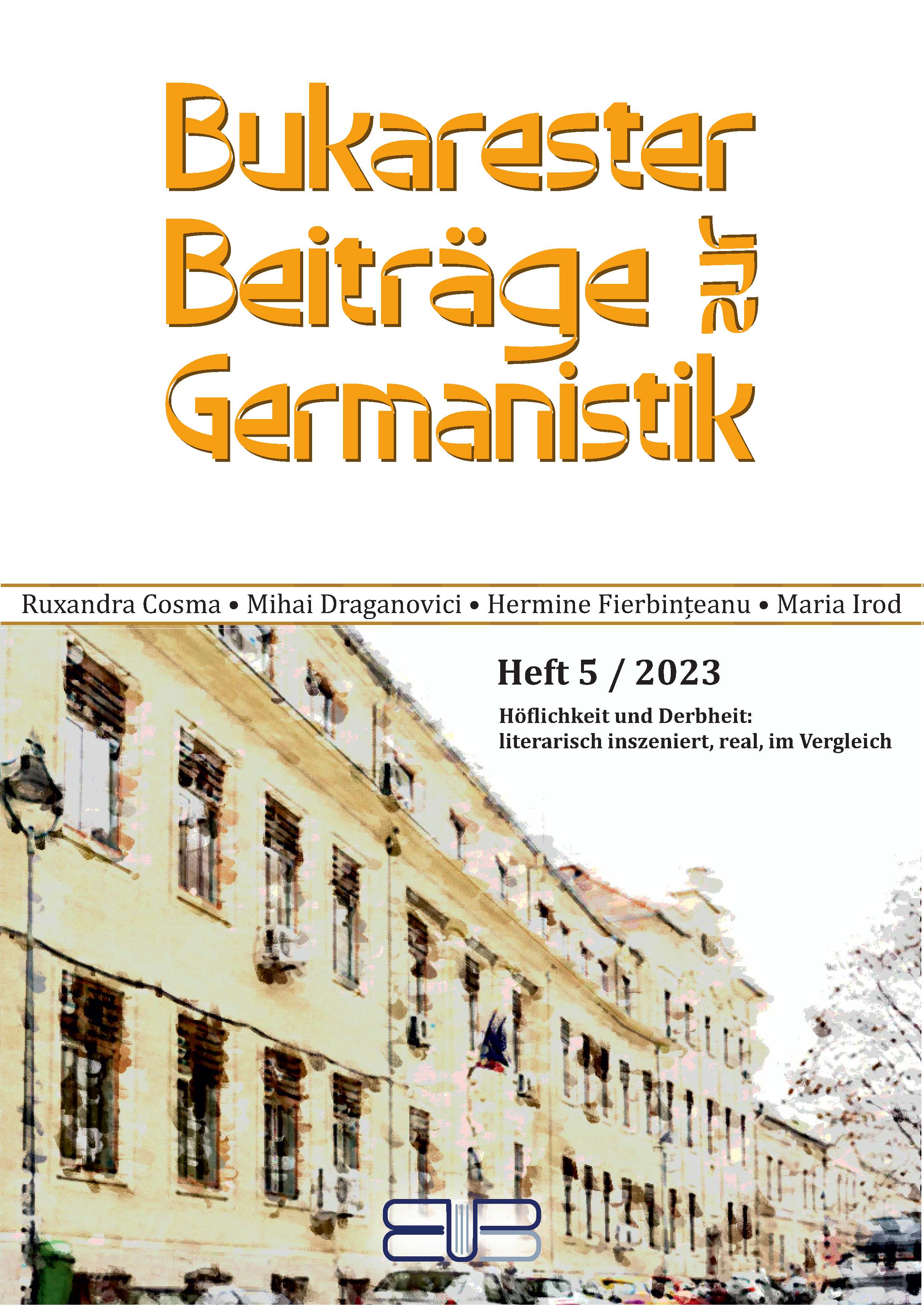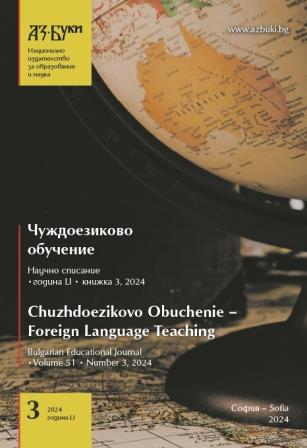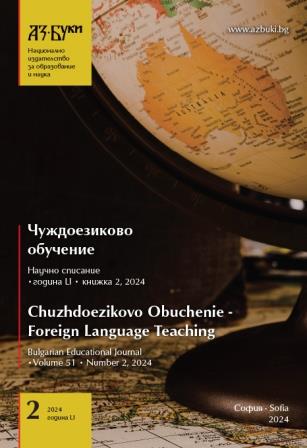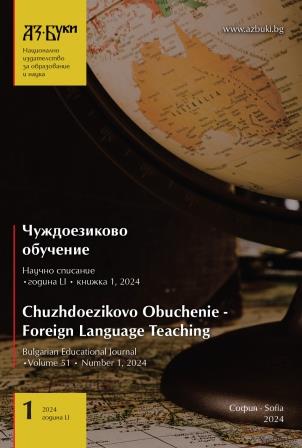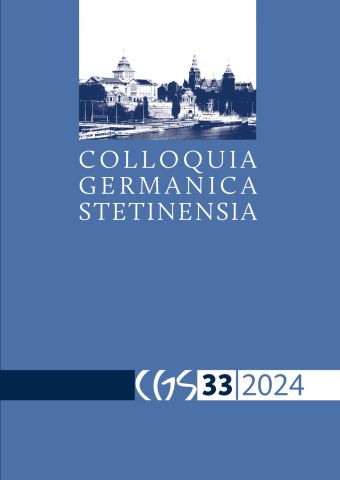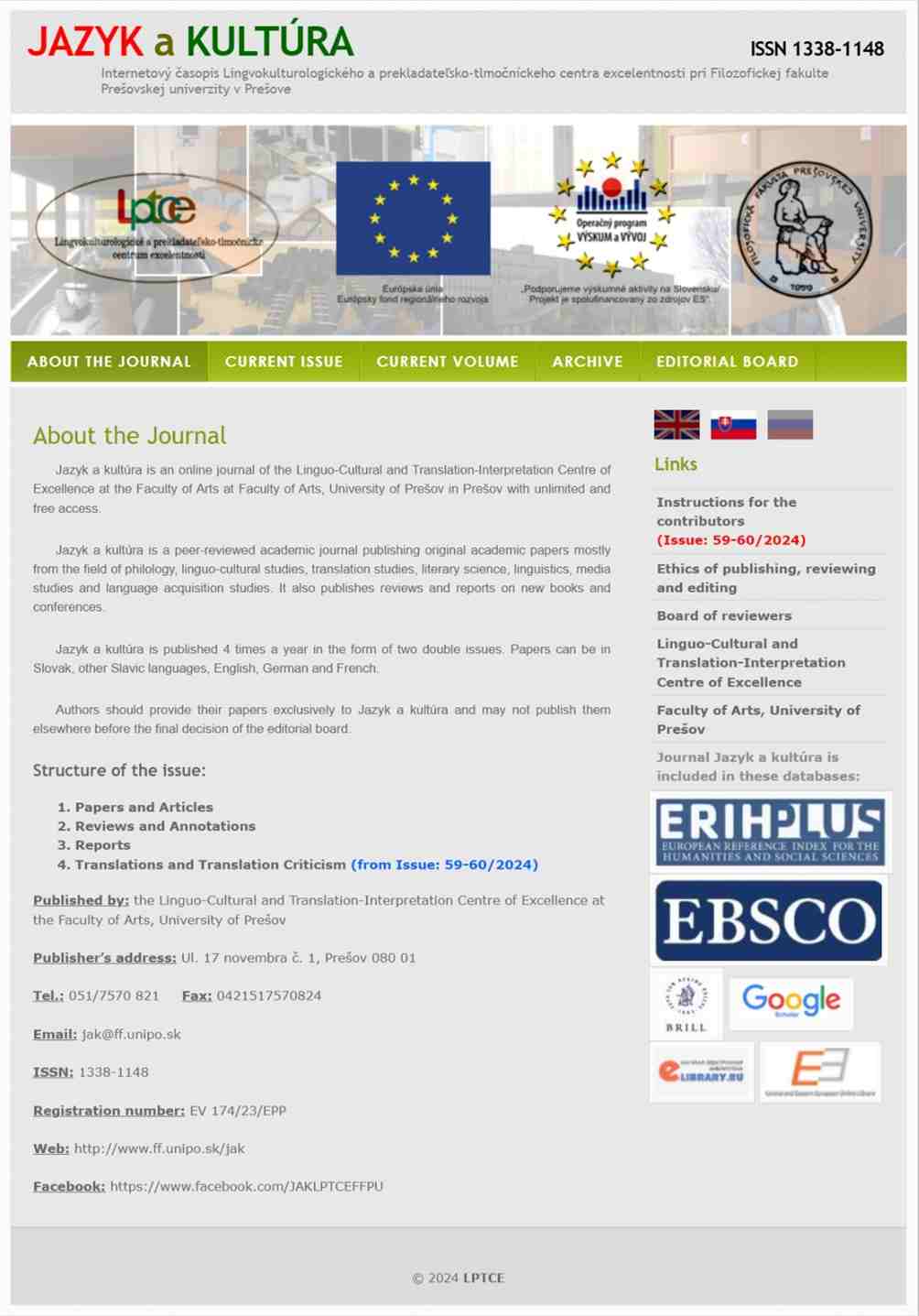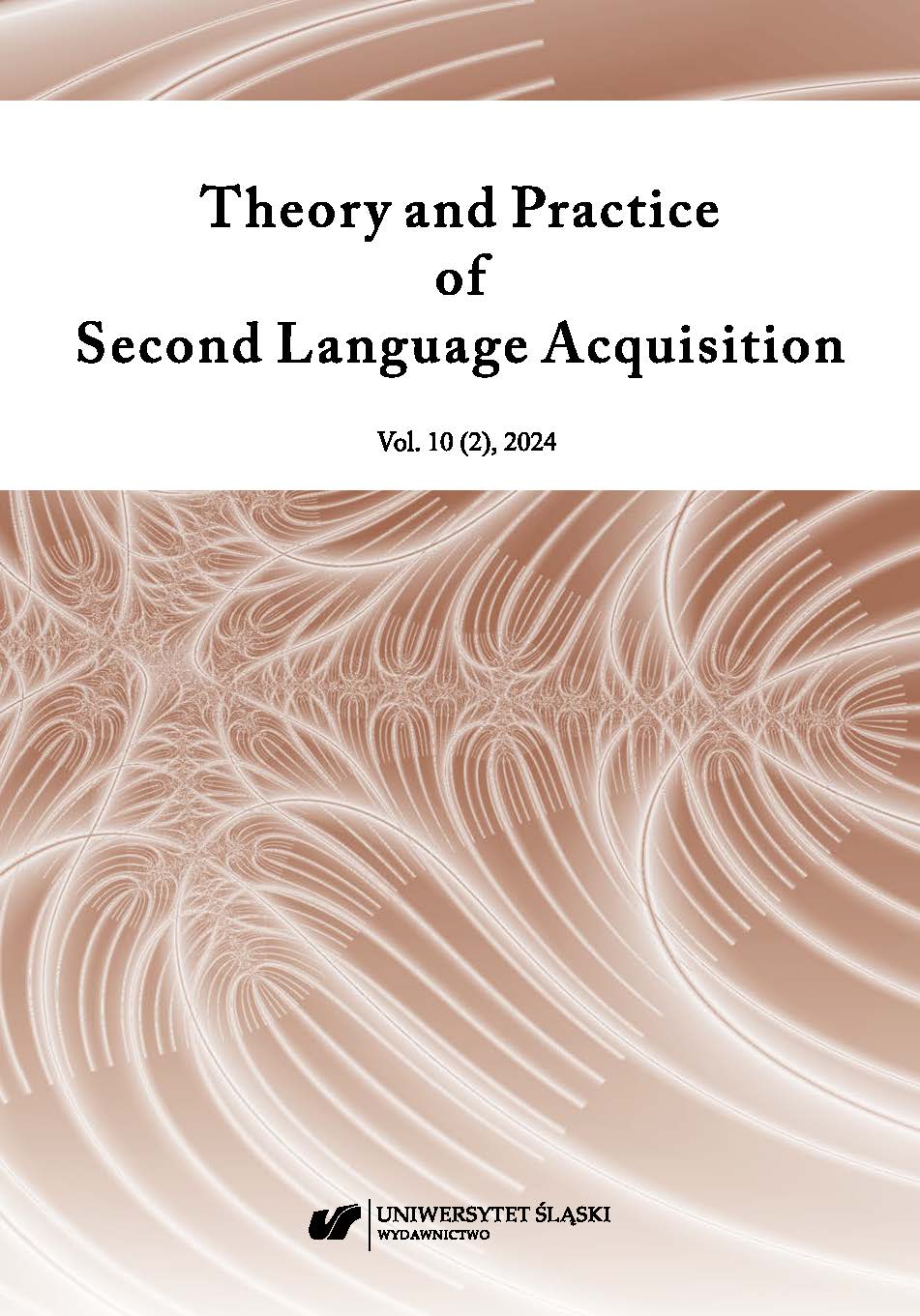Author(s): Małgorzata Szulc-Kurpaska,Sabina A. Nowak / Language(s): English
Issue: 10/2024
Following the impact of positive psychology on education, the term well-being has recently received more attention. However, there is not much research devoted to practical aspects of developing well-being. The studies that exist focus on mindset of novice (Dweck, 2014b) or pre-service teachers (Irie, Ryan, & Mercer, 2018; Haukås & Mercer, 2021). Therefore, there is still much to be done as far as teacher training and well-being development (TT&WD) is concerned. Inspired by Maslow’s study (1943) on self-actualised people, the main aim was to present characteristic features of growth mindset teachers. A mixed method study (Cresswell & Cresswell, 2018, p. 304) was applied to analyse statements about pre-service teacher well-being. By focusing on teachers’ beliefs, the distinction was made between fixed and growth mindsets. In the first phase of the study, using Likert-scale, a set of 50 questions was created to capture nuances of positive and negative stance of pre-service teachers. The aim was not to verify the teachers’ “subjective well-being” (SWB) (Mazzucchelli & Purcell, 2015), but to focus on the “psychological well-being” (PWB) based on their beliefs and attitudes (Werbińska, 2011). In the second phase, a qualitative analysis of 15 narrative statements served as an indication of the pre-service teacher well-being. The narratives turned out to be the projections of either success or failure of the participants. Finally, a well-being intervention was used which aimed at influencing teachers’ mindsets by involving them in three tasks. The data also show subtle differences in respondents’ answers concerning the way certain students recognise and show their attitudes to life or the teaching profession, which correspond to fixed and growth mindset (Dweck, 2006). These findings highlight the importance of training pre-service teachers in well-being and offer some implications connected with developing a paradigm framework of teacher well-being.
More...
